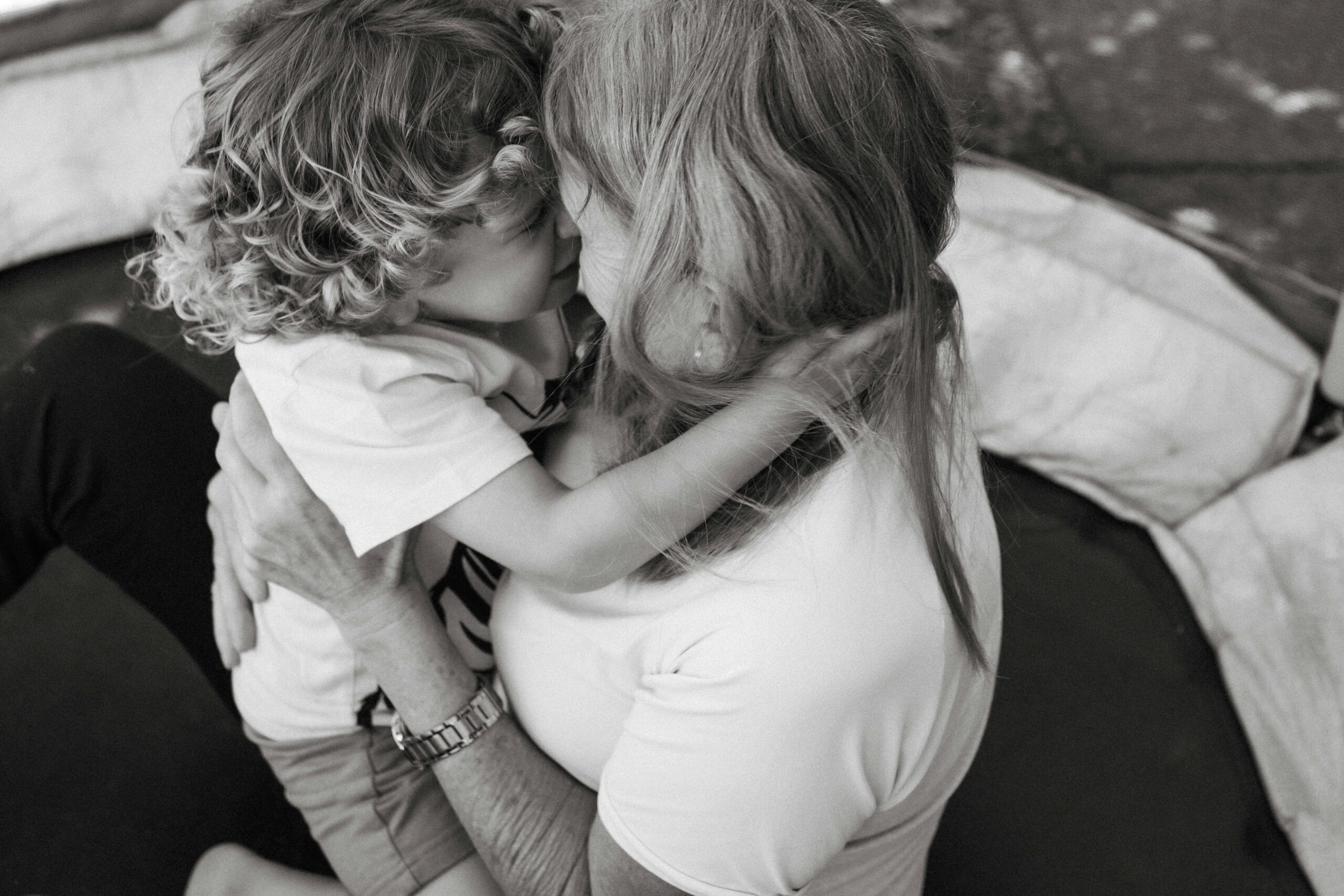As parents, we aim to give our kids the best start. That can include things like providing for them physically and financially, but how often do we think about our parenting styles and how it affects them?
Our parenting styles shape our child’s growth and can either strengthen or deteriorate the bonds. They’re a big part of our daily lives.
Knowing your parenting style can help a lot. It can lead to better communication and discipline. It also helps set clear expectations for your kids.
Is your home a place where your child feels confident and emotionally strong? Thinking about our parenting can lead to positive changes. It can make our homes more supportive.
Remember, our parenting is shaped by culture and personal choices. This makes every family’s path unique. At the end of the day, I think we can agree that we all just want to raise good humans.

Key Takeaways
- Parenting styles vary greatly and impact child development and family relationships.
- Recognizing and understanding your approach can enhance communication and discipline.
- Reflecting on your methods can foster a supportive home environment.
- Cultural and individual differences influence parenting choices.
- Conscious parenting methods create better frameworks for child’s emotional well-being.
Understanding the Concept of Parenting Styles
The term ‘parenting styles’ refers to the parenting techniques parents use to raise their kids. It shapes their social skills, school performance, and mental health.
Diana Baumrind, a developmental psychologist, started studying parenting styles. Her work showed how different disciplinary strategies affect kids. Later, Eleanor Maccoby and John Martin built on her research.
Researchers found four main parenting dimensions:
1. Disciplinary Strategies: These are how parents enforce rules and manage behavior. Good disciplinary strategies help kids learn right from wrong.
2. Warmth and Nurturance: This is about the love and support parents give. It greatly affects a child’s emotional health and self-worth.
3. Communication Styles: Open and clear communication in parenting is key. It helps build strong bonds between parents and kids.
4. Expectations of Maturity and Control: This is about what parents expect from their child’s behavior and independence. Finding the right balance helps kids grow strong and self-disciplined.
Knowing these dimensions helps parents use the best parenting techniques for their family. By understanding these, parents can help their children become well-adjusted and capable adults.
Authoritative Parenting Style Explained
Authoritative parenting is a mix of being very responsive and setting clear rules. It helps kids grow up feeling they can make choices while knowing what’s expected. This way, kids feel important and their voices are heard.
Parents who use authoritative parenting find a good balance. They make rules but also let kids share their thoughts. This builds respect and understanding in the family.

Research shows authoritative parenting works well. It’s linked to better grades and mental health in kids. This style means parents are really involved in their child’s life, showing how important education and feelings are.
Some ways to practice authoritative parenting include talking openly, praising good behavior, and being consistent with rules. This approach helps kids learn to control themselves and feel good about who they are. Experts say this style is key for raising happy, well-adjusted kids.
The Types of Parenting Styles: A Comprehensive Guide
It’s important to understand the differences between various parenting styles and their long-term impacts on kids. The most talked-about styles include authoritative, permissive, uninvolved, and authoritarian parenting.
Authoritative parenting is all about balance. It has high expectations but also offers emotional support and open talks. On the other hand, authoritarian parenting focuses on strict rules and obedience, with little room for discussion.
Permissive parenting is about being lenient and friendly with your child. It might lack structure but encourages creativity and independence. Uninvolved parenting, however, means not getting involved much. This can really hold back a child’s emotional and social growth.
Psychological studies show that parenting style effects can change a lot. This depends on things like culture and the child’s personality.
There are also hybrid and culturally-specific parenting styles that are less known but just as interesting. These styles show how parenting research is always changing. They also show how important culture is in shaping how we parent.
Balancing Between Parenting Styles: What Works Best?
Parents often wonder what the best parenting style is. The truth is, there’s no single way that works for everyone. This is where adaptable parenting strategies come in. They help tailor parenting to the unique needs of both parents and children.
Being flexible in parenting is vital. Changing your approach based on your child’s age and situation is important. Whether you need to be strict during the teenage years or more lenient in early childhood, being able to adapt is key.

Every parenting style has its pros and cons. For example, an authoritative style can teach respect and discipline but may also add stress. On the other hand, a permissive style might boost creativity but can lack boundaries. Finding the right mix of styles is essential for a child’s well-being.
Good communication and understanding are crucial in finding this balance. Parents who listen to their kids and stay open to feedback tend to do better. By using adaptable parenting strategies, parents can create a supportive space that meets their child’s changing needs.
Conclusion
We’ve looked into different parenting styles like authoritative, permissive, authoritarian, and uninvolved. Each style has its own way of shaping a child’s behavior and growth. Knowing these styles helps us see how they impact a child’s short-term actions and long-term success.
The choices parents make in their parenting style greatly affect their children’s emotional well-being and future success. Finding a balance between different styles can help raise well-rounded, strong, and capable kids. It’s important to be flexible and adjust parenting methods as children grow.
Reflective parenting is key to ongoing learning and self-improvement. As new research comes out, it’s vital to stay updated and adapt parenting techniques. This thoughtful approach helps raise kids who do well in school, emotionally, and socially.
In summary, choosing a parenting style that matches your goals can greatly benefit kids and families. It’s not about sticking to one style but finding a balance that supports a child’s growth and happiness. By improving our parenting, we can create a brighter future for our children.

